Building a Good Government
The Northwest Ordinance of 1787— which established our nation’s first incorporated territory and the structure that would govern and guide it — speaks both to the purpose of government and to the systems and standards that will make it effective. It speaks to the philosophy of government in the acquisition of land, in the treatment of Native Americans, and the establishment of universities and the exercise and enactment of appropriate governmental authority.
It speaks to education quite candidly.
Article III of the ordinance states the following:
Religion, morality, and knowledge, being necessary to good government and the happiness of mankind, schools and the means of education shall forever be encouraged.
Defining “Good Government”
It’s worth a discussion as to how to define good government. The role of government and the reach that government should have is a worthwhile dialogue, because it seems the national conversation has more sides than we can count. A quick look at your browser history will probably indicate with impressive accuracy your perspective on the role of government and how “good” is defined in its context. But the reality is that the definitions and boundaries of government and how to measure its “goodness” — at least as far as those concepts were defined by our founding fathers — are intrinsically woven into our foundational documents.
Religion
Our founding fathers built this nation without apologies for their belief in God and their acknowledgement of His authority. This foundational bedrock to our government in the establishment of our country gives us a lens through which we view authority and opportunity. It should be seen as — and included as — a fundamental, essential component of governing.
Morality
The logical outflow of the awareness of God is the responsibility humankind has to Him. An acknowledgement of God brings the awareness of truth and lies, of right and wrong. Any governmental presence that doesn’t steadfastly depend upon an absolute standard for morality will cease to be good in the manifestation of its duties.
Knowledge
Without vision, the people perish. ~ Proverbs 29:18
The vision set forth in a country like ours was predicated upon what is true and what is good. These standards require the study of truth so that the enacting of it becomes possible.
So where does this leave us?
As our conversations about education in America’s classrooms continue, we are forced to confront a host of issues that we see rising up in the wake of our country’s drift. We’ve stopped acknowledging the actual words used by our founding fathers. We’ve disregarded their values. We’ve redefined their terms.
And it’s costing us dearly.
Join us this weekend – or any time online – as we take the talk about our nation’s educational trajectory even deeper. And join us as we save the classroom so we can save the country.
